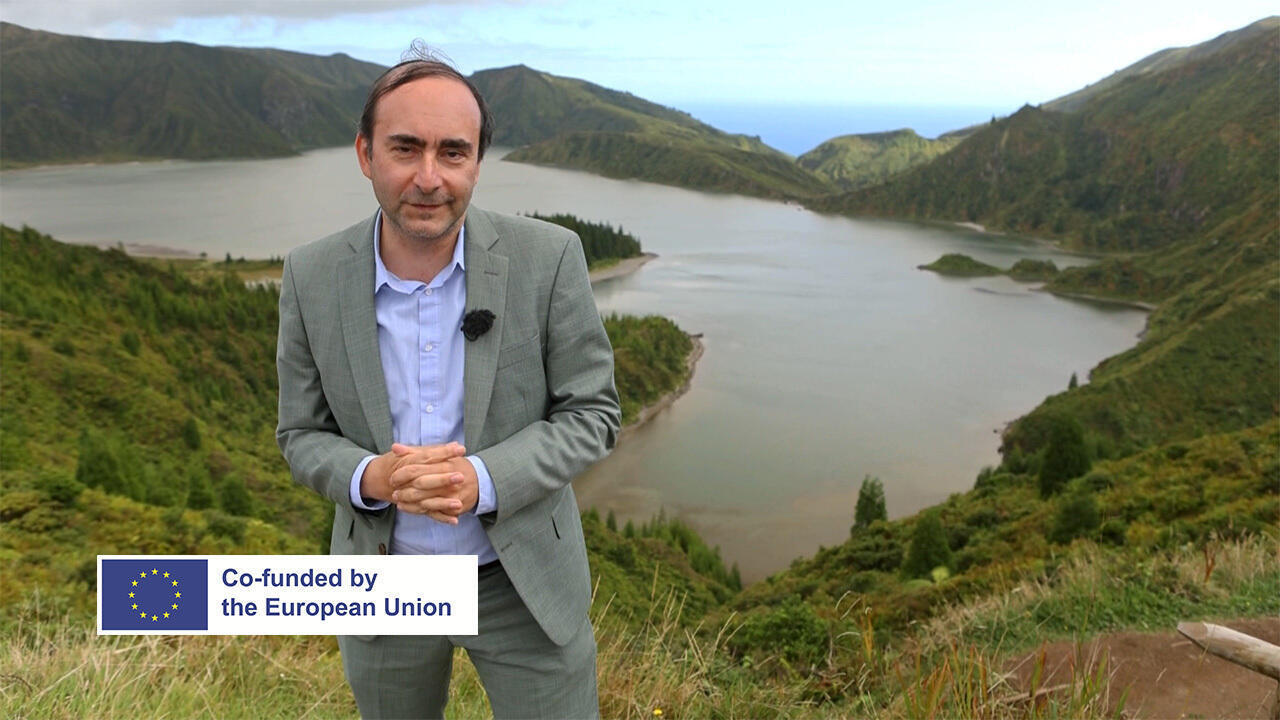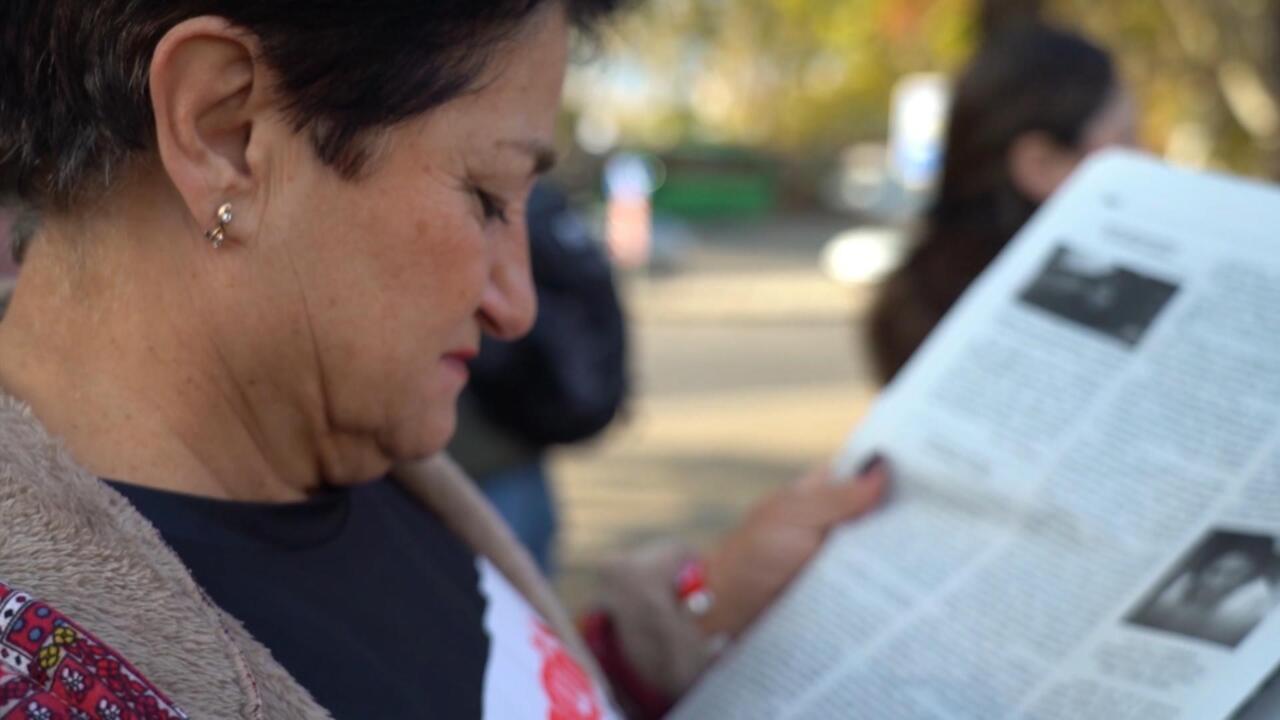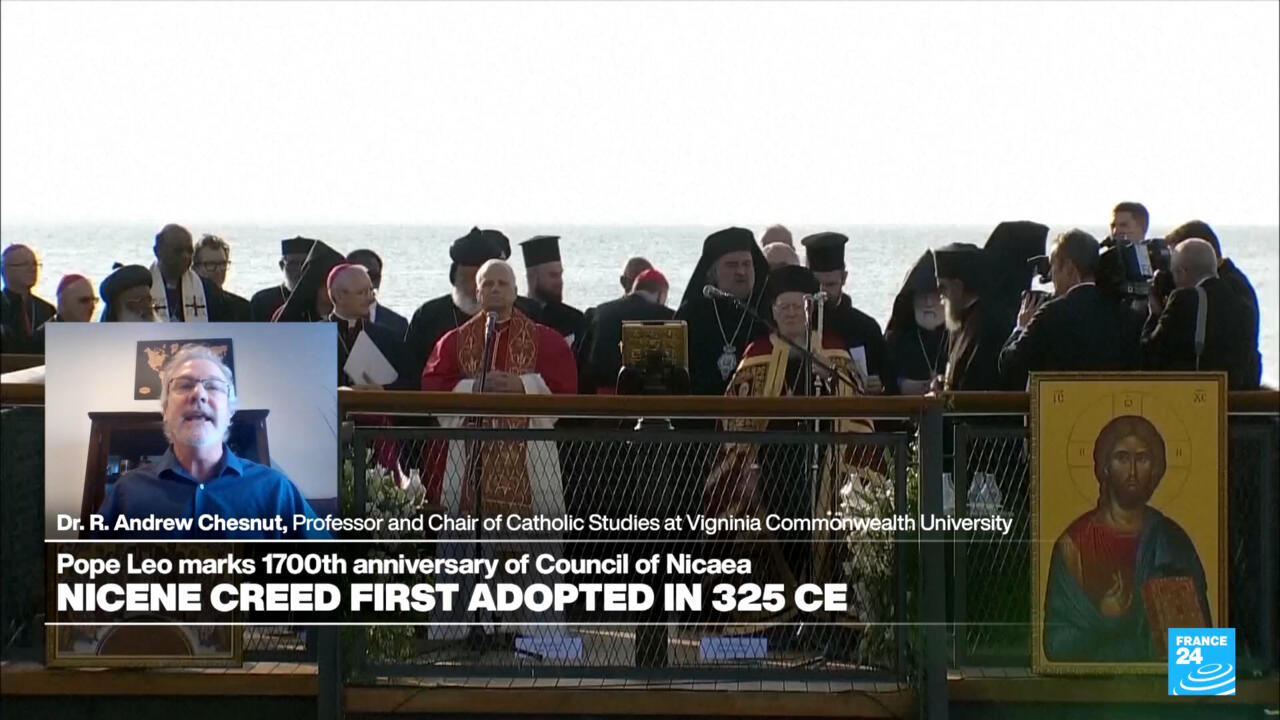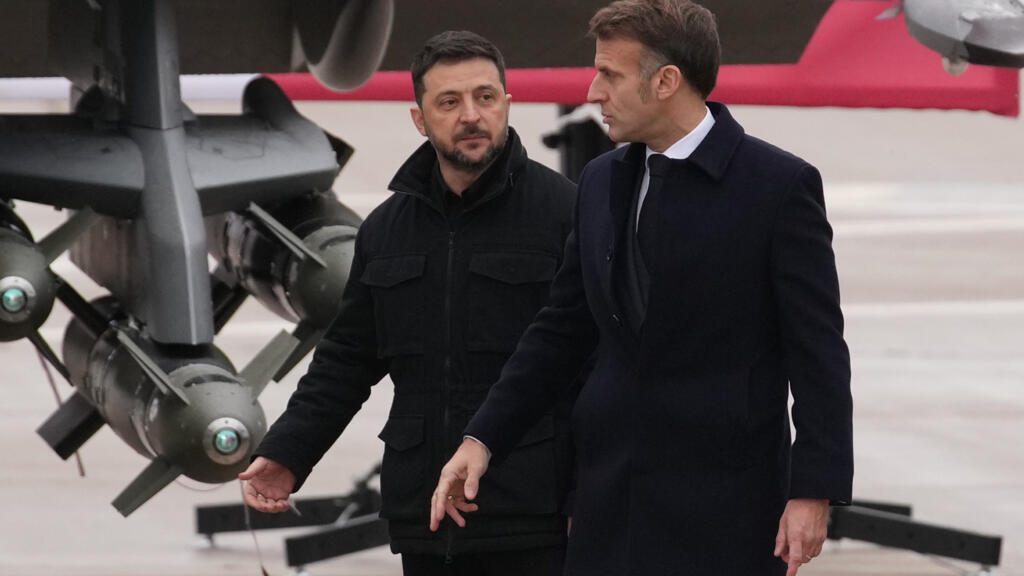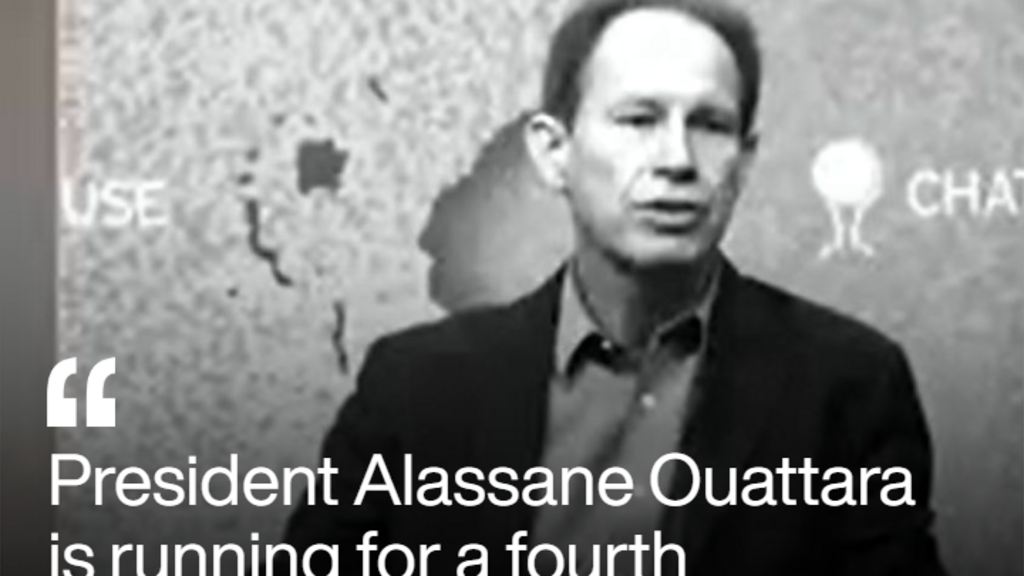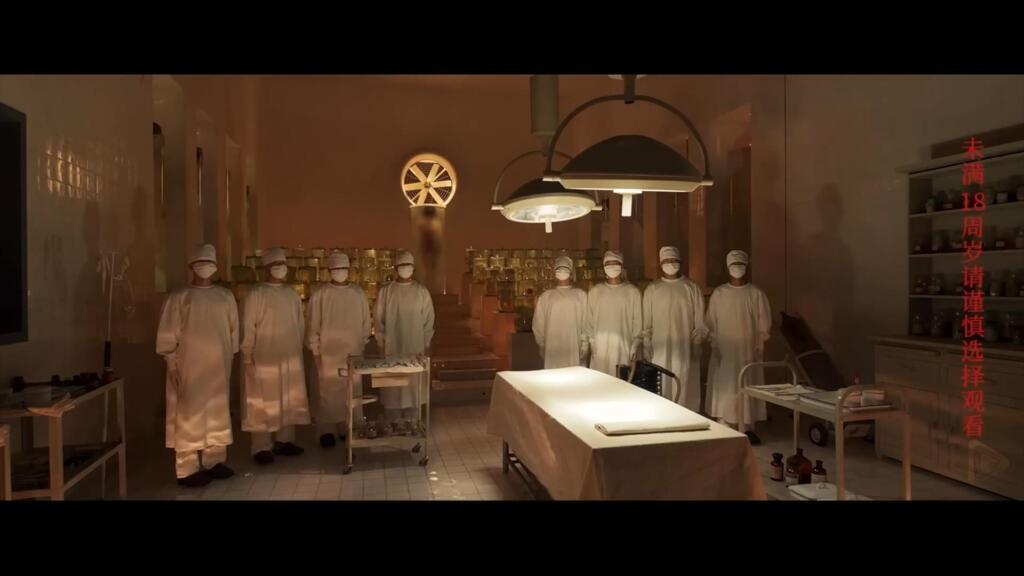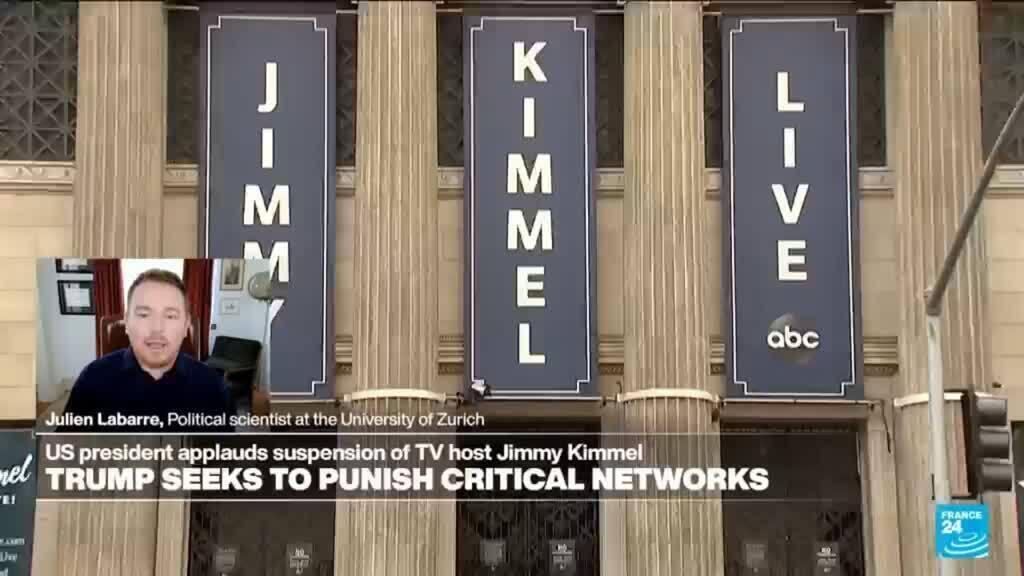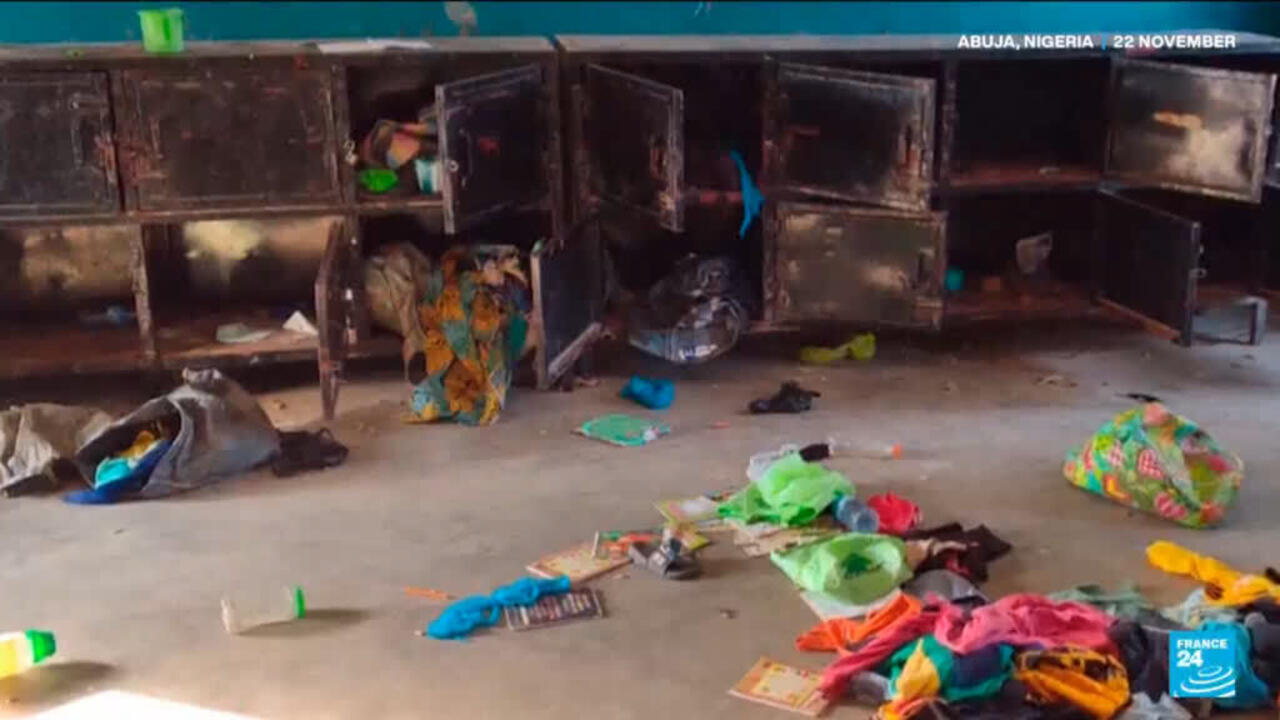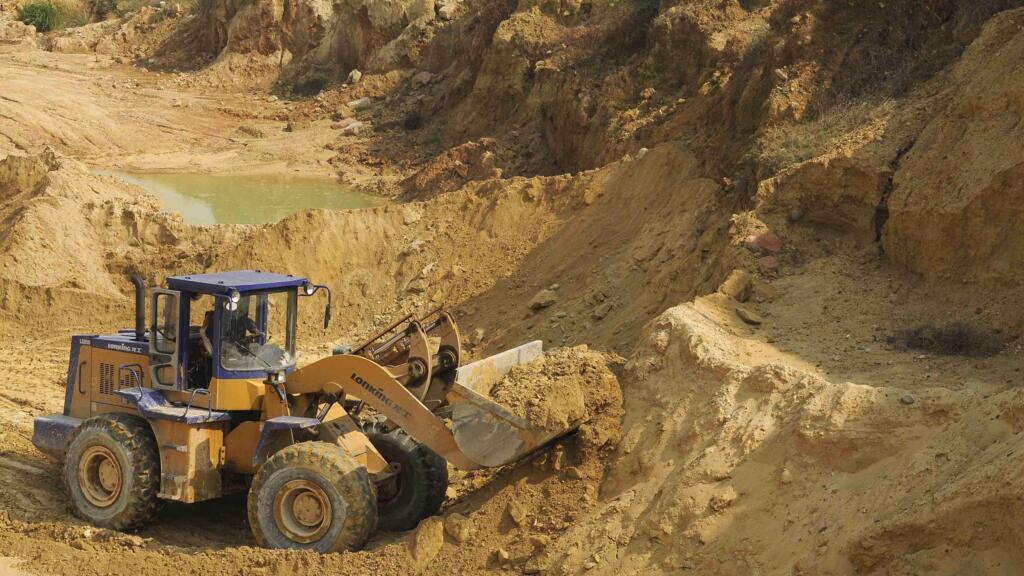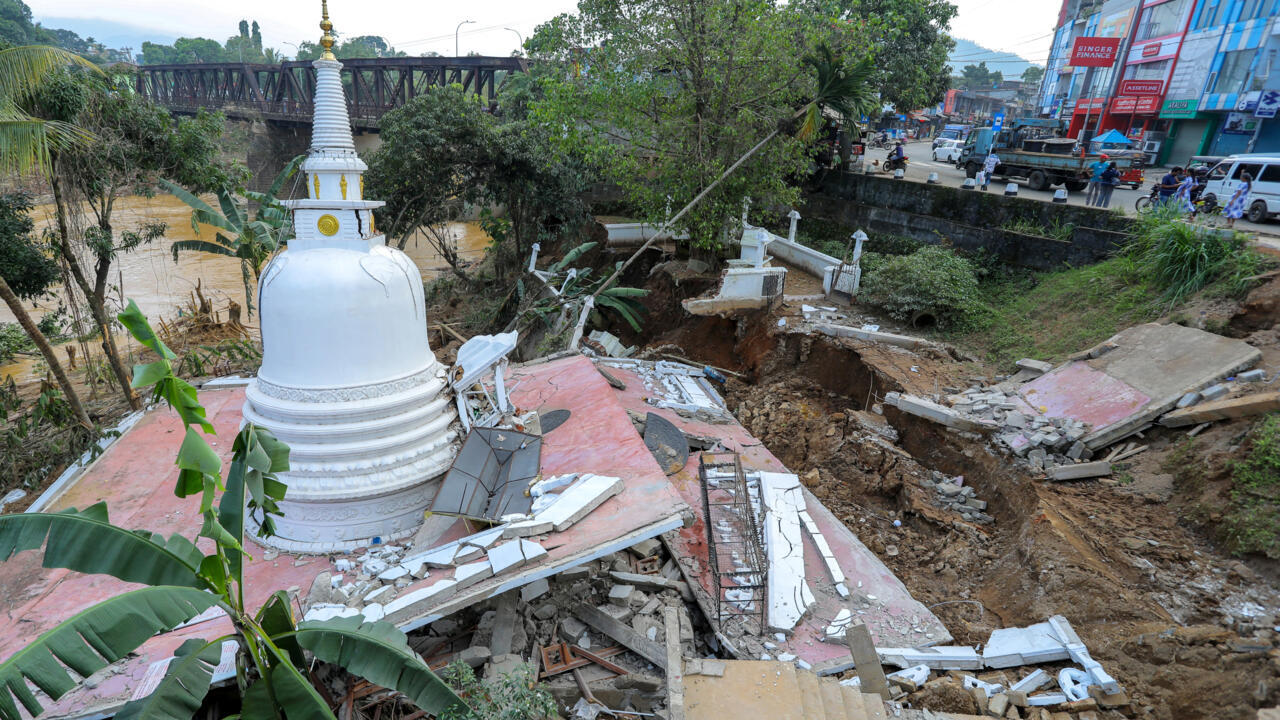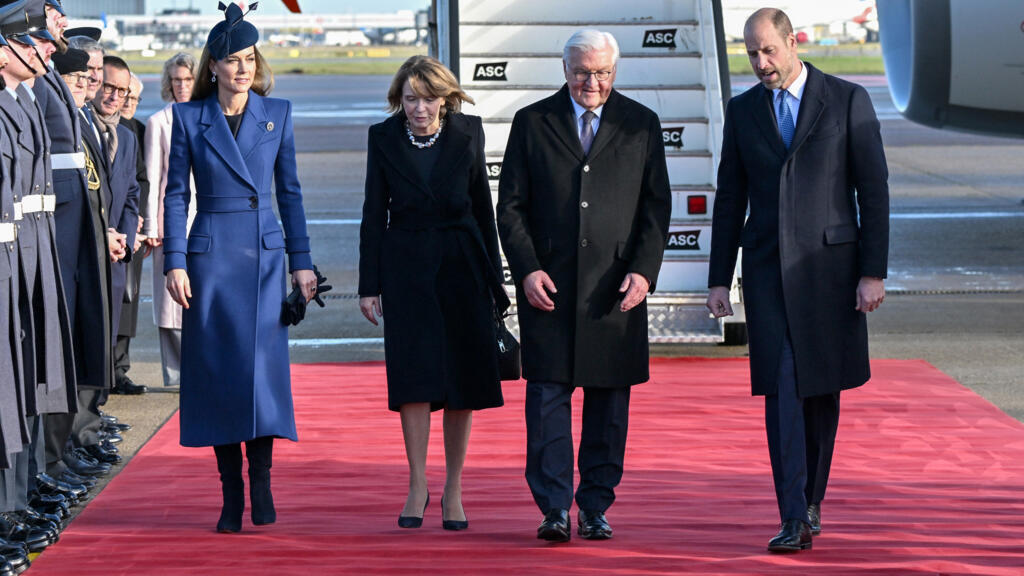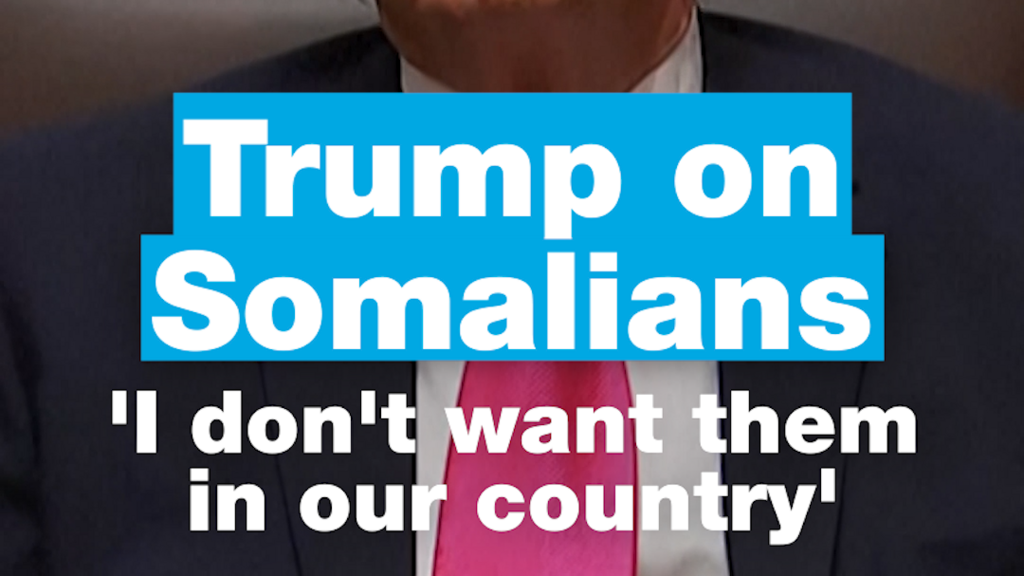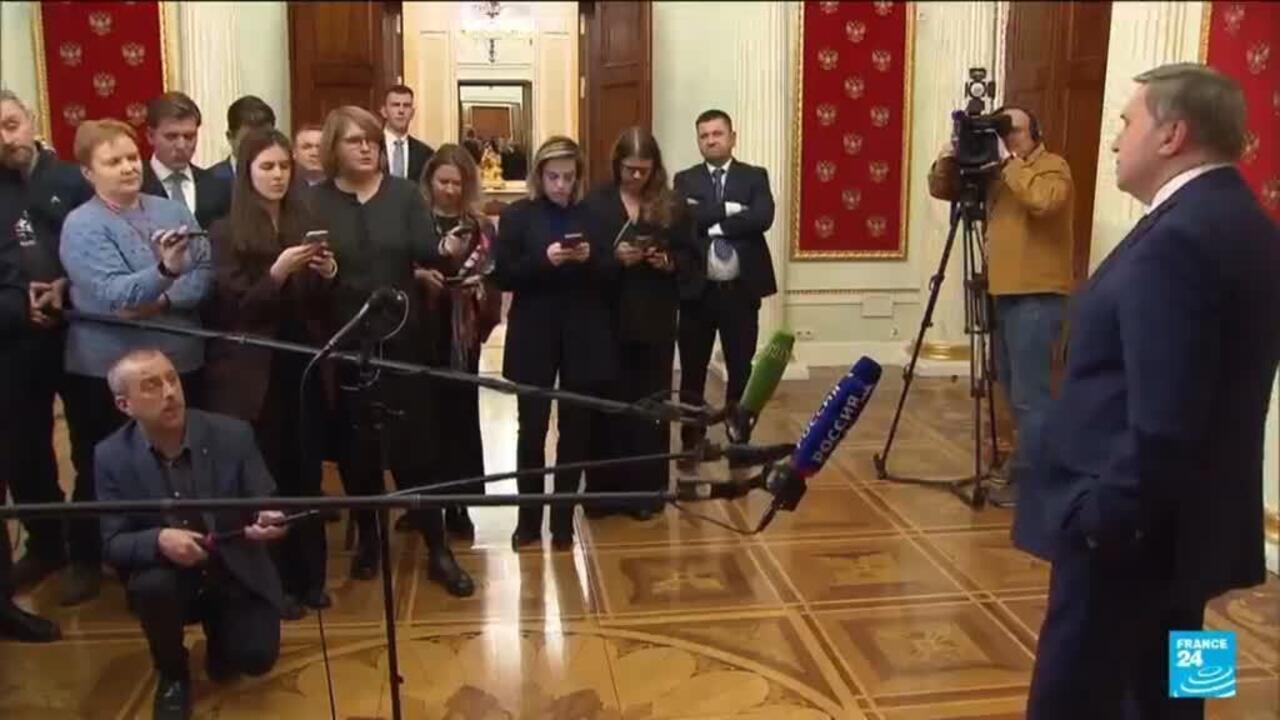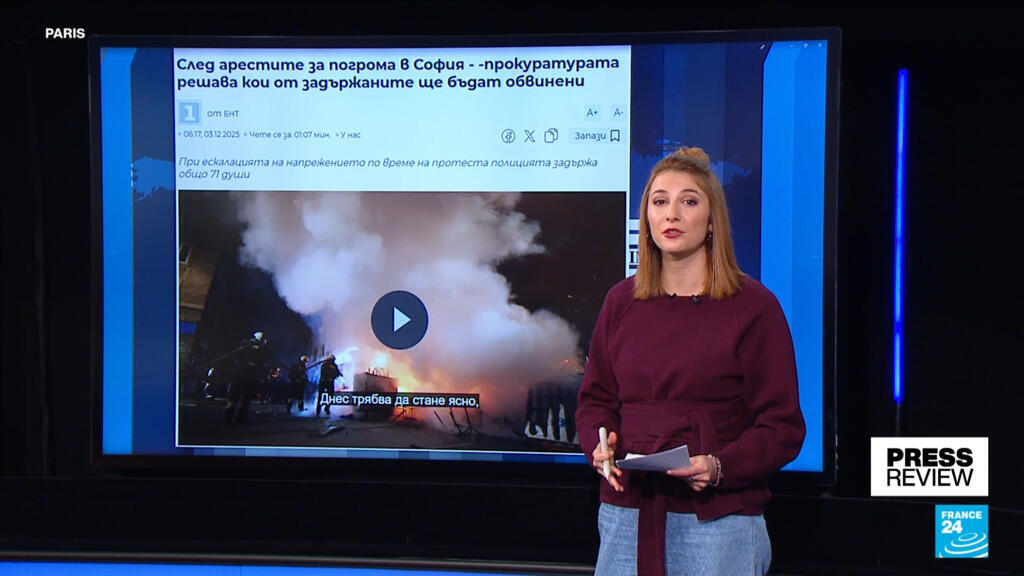Europe Rendezvous brings you a special programme from the Azores, a beautiful and remote archipelago in the Atlantic. The dramatic volcanic islands constitute an Autonomous Region of Portugal, and also an Outermost Region of the EU. That means their relatively small population of around 240,000 inhabitants receives outsized help from the EU – about €160 million in cohesion funds every year. Despite that investment, the Azores’ GDP in 2023 was lower than it was in the 2000s. So how much have EU funds actually helped to level up this distant territory?
Admittedly, tourism has boosted the local economy in the post-Covid period, and a major pull for tourists is Gorreana, the only functioning tea plantation in Europe. We meet the owners and speak to João Teixeira, an economist at the University of the Azores, about the role of tourism and EU funds on the islands.
We also interview the president of the autonomous government of the Azores, José Manuel Bolieiro, who opposes the EU Commission’s plans to centralise the management of cohesion funds. Our reporters Renaud Lefort and Charlotte Prudhomme take a look at the battle for the EU budget in Brussels and how that could impact Outermost Regions.
And our chief reporter Luke Brown looks at something particularly important for life on an island over 1,400 kilometres from mainland Europe: just what to do with all the waste. He zooms in on the clean-up of the beaches where so much marine litter washes up, because of the Azores’ position in the middle of so many Atlantic currents.
Watch moreEU solidarity in the Azores: Miracle or mirage? (part 2)
Show presented by Armen Georgian, produced by Renaud Lefort, filmed on location by Renaud Lefort and Stéphane Bodenne, with Luke Brown.
Video editing: Aude Richelet, Joël Procope, Gilles Terrier, Aurélien Porcher, Lucille Latour. Editor-in-chief: Caroline de Camaret.
Special thanks to Terra Azul, Anne-Marie Brossard, Visit Azores, Regional Secretariat for the Sea and Fisheries, Rui Martins, The Ocean Azores Media House, Azores Regional Government, João Inocêncio Gomes
Co-funded by the European Union. Views and opinions expressed are however those of the author(s) only and do not necessarily reflect those of the European Union or the DG Regional and Urban Policy. Neither the European Union nor the DG Regional and Urban Policy can be held responsible for them.

